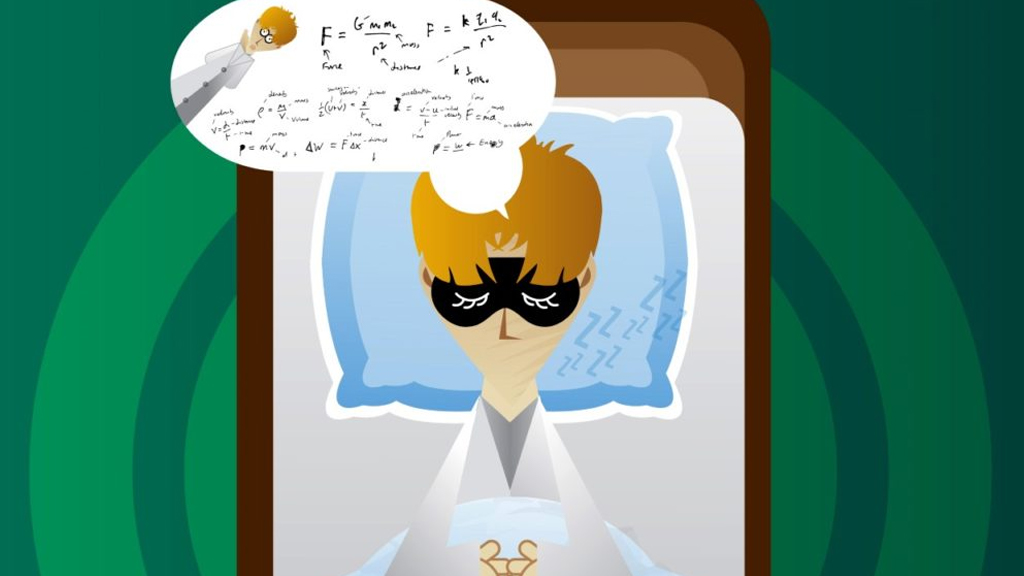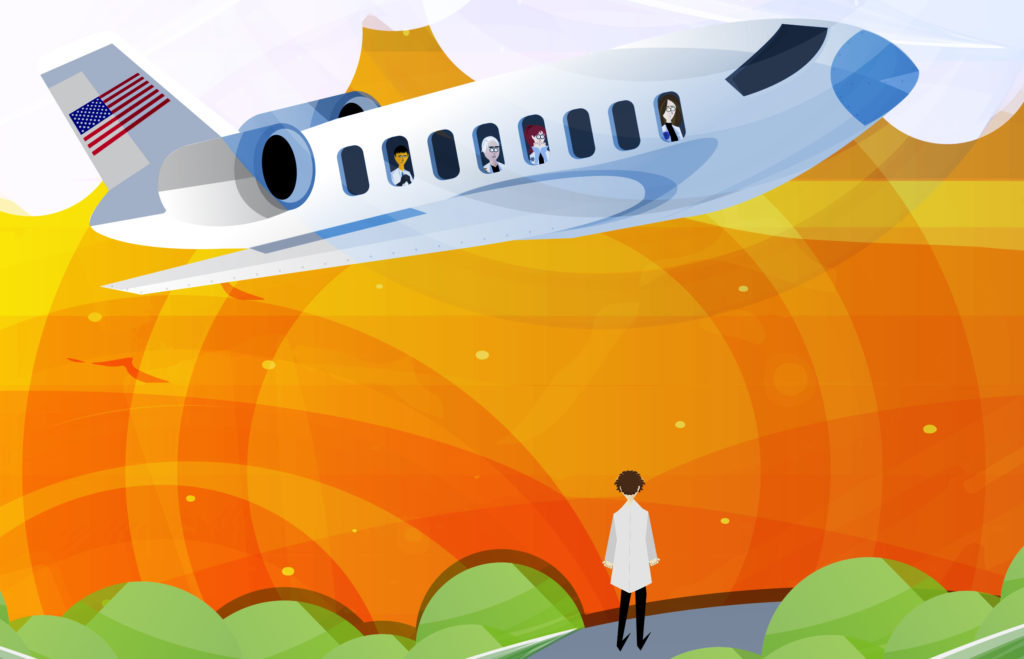Avoiding errors
When you ask anyone, including researchers, how they are sleeping these days, the typical answer is an invitation to hear about myriad sleep disturbances: vivid or lucid dreams, waking throughout the night, restless leg syndrome and just plain old insomnia.
COVID-19, civil unrest and uncertainty about the future of our nation have brought about huge societal changes. Researchers have to be extra careful about getting too little sleep — an accident in the lab or incorrect data entry can be catastrophic.
Science says…
Sleep heals and strengthens us, and most of us were taught that the more sleep, the better. Between seven and eight hours per night, right? New research from two neurology professors, who happen to be husband and wife, challenges that notion. The couple did sleep studies of peoples’ circadian rhythms. What the research is showing is that sleep may not be “one-size fits all.”
The clock inside
The body’s internal clock is, naturally, on a 24-hour cycle. Interestingly, it almost always, give or take about 16 minutes, runs 24 hours and 11 minutes.
That means the day/night cycle is predetermined. The research found a subclass of people who had a short sleep cycle – six hours or less per evening. These people complained of actually feeling worse on nights where they slept more than four or so hours.
I was born this way
About a decade ago, Dr. Ying-Hui Fu discovered the first human gene linked to natural short sleep; in a strange genetic mutation, people with the gene who slept for six hours a night seemed to get the same benefits as those who didn’t have the gene, but got considerably more sleep.
“In 2019, Ying-Hui Fu and [Louis] Ptacek discovered two more genes connected to natural short sleep, and they’ll soon submit a paper describing a fourth, providing even more evidence that functioning well on less sleep is a genetic trait,” TIME magazine reports. They even assert that the next field of medicine will be adjusted due to a person’s unique circadian rhythm.
Tired and anxious?
According to researchers at the Sleep and Anxiety Center of Houston (SACH), regular stressors which cause sleeping problems, such as starting a new job or your child starting their first day in school, are common and not necessarily a cause for alarm.
But the clinical psychologists at UH’s SACH have solutions and innovative practices to try to combat more severe cases of sleeplessness. They are committed to finding out whether children have disruptive sleep after traumas and are interested in tracking sleep patterns of children in foster care. They study adults, too.
Night and day
The SACH researchers are dedicated to understanding the connections between sleep at night and behavior and emotions during the day. Not surprisingly, the COVID-19 pandemic has wrought an insomnia-plagued society. Says the director of SACH, Candice Alfano, Ph.D.: “There are multiple emotional processes that seem to be disrupted by poor sleep. For example, our ability to self-monitor, pick up on others’ nonverbal cues and accurately identify others’ emotions diminishes when sleep is inadequate.” So losing sleep can lead to you losing out in relationships and at work.
Researchers still do not know everything about sleep, but the good news is, if you feel good after just a few hours of shut-eye, it may not mean you need melatonin drops or sleep aids. You may be just perfect — a short cycle sleeper! But if you are exhausted, irritable and forgetful during the day, it might behoove you to pivot your bedtime in order to get more sleeping hours.



